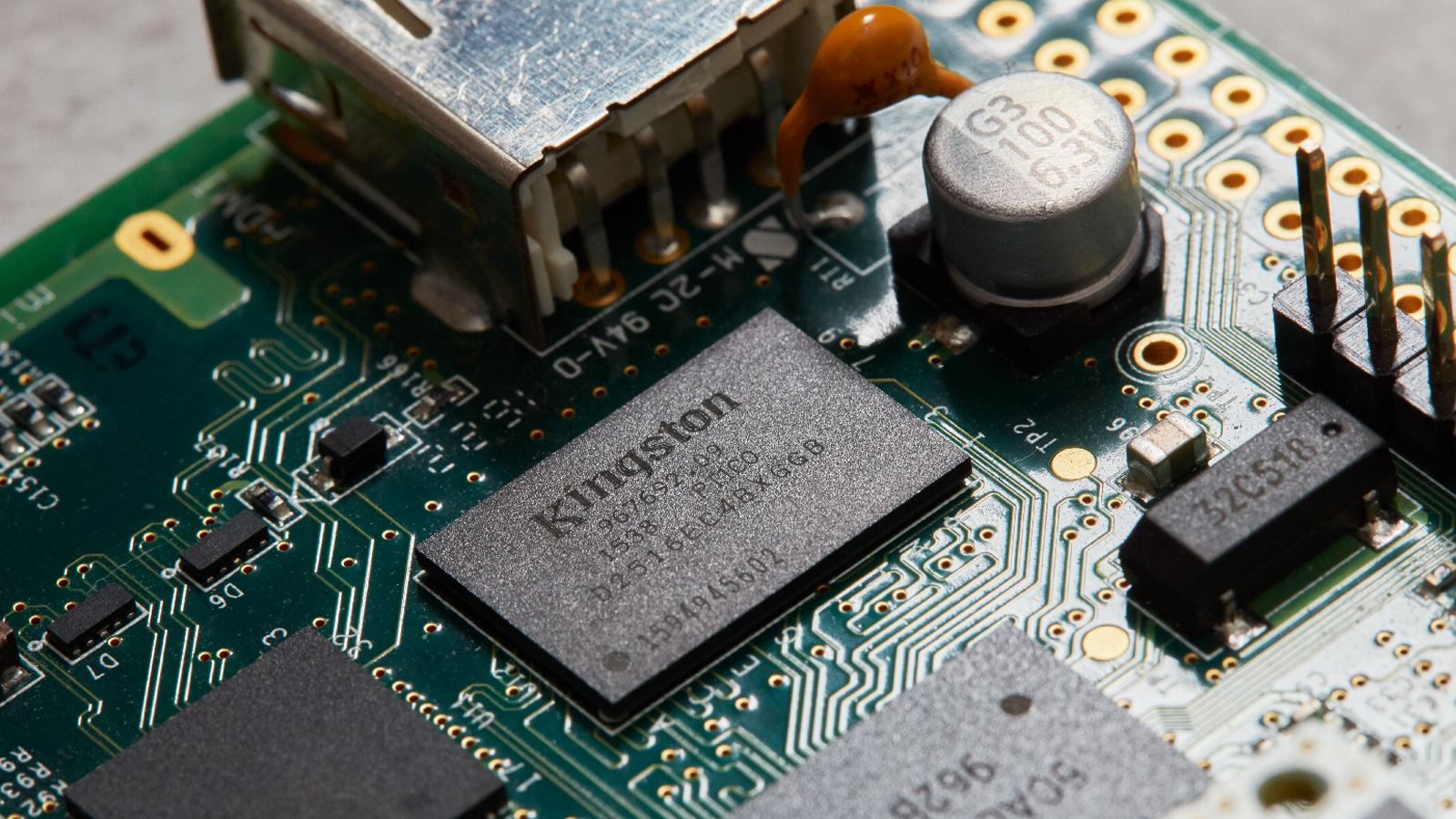
Kingston, the world’s No. 1 supplier of retail memory modules and storage devices, has formed a joint venture with Longsys Electronics to operate in China. The move will combine the strengths of Kingston and Longsys, and lower risks for the former. In addition, the partnership will better address the Chinese retail memory market and avoid any potential problems caused by the U.S.-China tensions.
Under the terms of the deal, Kingston will hold a 49% stake in the joint venture, whereas Longsys will own the majority with a 51% stake. The joint venture will function as an independent entity with full corporate governance and management capabilities. Its focus will be on offering ‘diverse and high-end embedded storage solutions’ to customers in mainland China. The joint venture will handle its own product planning, R&D management, supply chain management, and sales. Meanwhile, Longsys will conduct R&D and technical support, whereas Kingston will be responsible for core resource procurement and branding.
By forming a joint venture with a Chinese company, Kingston opens its doors to work with virtually any entity in China that needs embedded storage. Given how keen the U.S. government is to place China-based companies in its Entity List, Kingston saves time and effort by not directly working with certain China-based customers and partnering with a local company to handle these clients.
Kingston is the world’s No. 1 supplier of branded memory modules and solid-state drives. Its lineup also has plenty of embedded storage and memory products, though it is hard to say how successful the company is in this territory.
This joint venture is a response to the ongoing political and business tensions between the U.S. and China. DigiTimes says this represents a bigger trend where American tech companies are teaming up with local firms to stay strong in China. This partnership could also be great news for the supply chain, with companies like Phison Electronic, which works with Longsys, likely to benefit from the deal.






